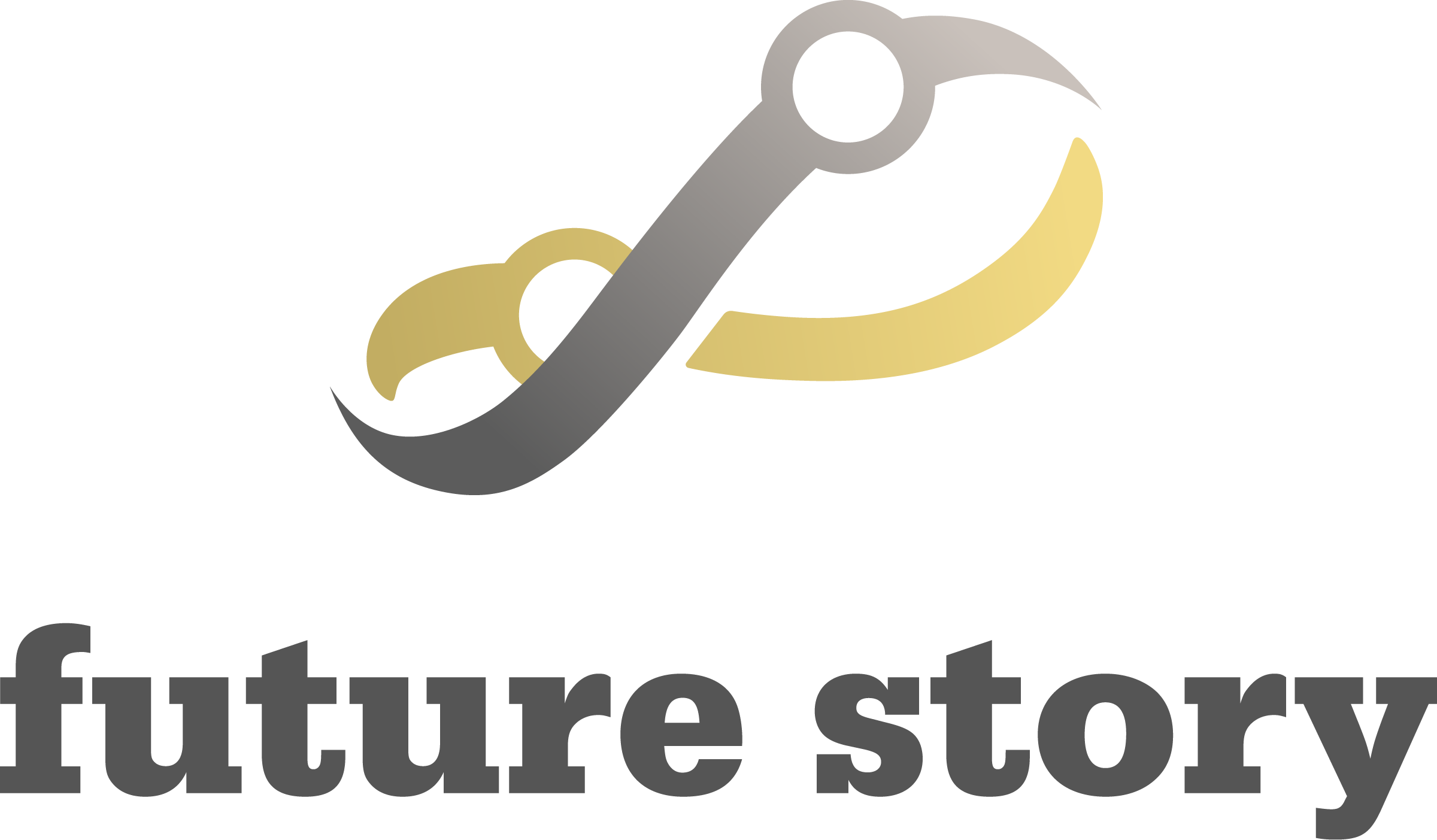Venture capital (VC) is often celebrated as the fuel that powers startup innovation, offering not just funding but also credibility, strategic guidance, and access to expansive networks. Yet behind the headlines of unicorn valuations and billion euro exits lies a more complex reality. Venture capital is not a passive resource. It actively shapes how startups operate, grow, and make decisions.
From the structure of deals to the pressure to scale quickly, VC influences a company’s path in profound ways, for better or worse. This article explores the mechanics of venture capital, its impact on startup development, and the real world consequences founders face when external capital becomes a driving force in their business.
Anatomy of a Venture Capital Deal
Venture capital deals follow a structured process designed to align the interests of investors and founders while managing risks and rewards. At the heart of this process is the term sheet, a non-binding agreement outlining key terms of the investment before final contracts are signed.
Key components of a typical VC deal include valuation, which determines the company’s worth before investment and dictates the investor’s ownership percentage. This directly affects founder dilution, as issuing new shares reduces existing ownership. Investors often negotiate for board representation, allowing them to influence major decisions and monitor company direction. VC deals also involve preferred shares, which provide priority over common shareholders in receiving dividends or liquidation proceeds. Anti-dilution provisions are commonly included to protect investors’ equity from being eroded in future funding rounds.

Consider a startup valued at five million euros pre-investment. A VC firm offers one million euros for twenty percent equity, securing preferred shares, a board seat, and liquidation preference. In exchange for capital and strategic support, the founders cede a portion of ownership and decision-making power. While this trade-off often accelerates growth, it requires careful negotiation to maintain alignment between the founding team and investors.
How VC Shapes Startup Development
Venture capital fundamentally influences the pace and direction of startup development. Research shows that VC-backed companies often accelerate product development and market entry due to both financial resources and investor expectations for fast returns (Eldar & Grennan, 2024). This dynamic fosters aggressive go-to-market strategies, marked by early investments in marketing, sales, and customer acquisition to quickly establish market presence (Vanacker, Collewaert, & Zahra, 2023). Beyond early expansion, VC backing facilitates international scaling and prepares companies for exits such as acquisitions or Initial Public Offerings (IPOs), aided by both capital and strategic insight (Zheng, Wang, & Zhang, 2024). In contrast, bootstrapped startups tend to prioritise profitability and control, resulting in slower, more deliberate growth constrained by limited resources (Viva Technology, 2025). These differences underscore venture capital’s role not only as a funding mechanism but as a force that shapes startup priorities and outcomes.
REAL STORIES: VC SUCCESSES AND FAILURES
Bolt: Rapid European Expansion with VC Support
Bolt’s transformation from a small Estonian startup to one of Europe’s leading mobility platforms illustrates how venture capital fuels rapid growth and diversification. Backing from firms including Sequoia Capital, Fidelity, Didi Chuxing, and Daimler provided critical funding, most recently a €628 million round in 2025 that raised Bolt’s valuation to €7.4 billion (Bolt 2025). This capital enabled Bolt to expand into over 45 countries, grow to more than 30 million users, and build an ecosystem of services including ride-hailing, food delivery, and electric scooters. Beyond funding, VC support helped accelerate tech development, enhance safety features, attract executive talent, and navigate regulatory hurdles. Together, this financial and strategic backing was key to Bolt’s emergence as a major European transport and delivery provider (Bolt 2025; TechCrunch 2019).
Theranos: The Dangers of Unchecked VC Hype
Theranos offers a stark counterexample. The company raised over 700 million dollars and reached a peak valuation of 9 billion, largely on the promise of revolutionising blood diagnostics. Its founder, Elizabeth Holmes, became a media icon, and the company drew high-profile investors and board members. However, its technology was never scientifically validated. Venture capitalists failed to demand transparency, allowing serious flaws to go unnoticed until exposed by investigative reporting. The resulting collapse led to massive financial losses and reputational damage. The Theranos case illustrates how unchecked hype, when not tempered by due diligence and governance, can amplify risk in venture-backed ventures (Wall Street Journal, 2018).

When Venture Capital Gets Complicated: Challenges and Critiques
Venture capital, while a powerful growth engine, also brings with it some significant risks and criticisms. One common issue is the misalignment of goals between founders and investors, particularly when VCs prioritise rapid returns while founders seek long-term vision and control. This can lead to tension over strategy, timelines, and company direction. The growth-at-all-costs mindset often encouraged by VC funding may push startups to scale prematurely, compromising product quality or organisational stability. Additionally, excessive funding can distort markets by inflating valuations, crowding out competitors, or sustaining unsustainable business models longer than they might survive under normal conditions.
Future Story: Driving Venture Capital Success Between Europe and the Gulf
Future Story is a joint venture between AcrossLimits, a Maltese company led by Angele Giuliano, and Grey Matter, an Emirati company represented by Kais Badran. Our mission is to connect European startups with investors from the Gulf Cooperation Council (Bahrain, Kuwait, Oman, Qatar, Saudi Arabia, and the UAE) to fund innovations in sectors such as Deeptech, Healthtech, Foodtech, and Proptech. By tapping into the GCC’s growing reputation as a key investment hub, we help startups expand their reach, enter new markets, and make a global impact.
Future Story enhances the venture capital process by connecting European startups with Gulf region investors who are actively seeking high-potential opportunities. By preparing startups to meet rigorous investor standards through tailored pitch coaching and comprehensive due diligence, Future Story increases their chances of securing venture capital funding. Its deep understanding of both European innovation ecosystems and GCC investment landscapes enables it to align startups’ strategies with investor expectations, facilitating smoother deal-making and stronger, long-term VC partnerships. This hands-on approach helps startups navigate the complexities of venture capital, accelerate international growth, and maximise their funding potential.
Are you interested in being involved in Future Story? Sign up here!
> Join us as a Start-Up Company
In order to join us as a start-up company so that we can match you with investors that make sense for you, you must:
- Give a brief description of your innovation
- Indicate the market in which you operate
- Let us know in which country you are registered
- Send us a pitch deck
> Join us as an Investor
In order to join us as an investor so that we can match you with start-ups that make sense for you, you must:
- Give a brief description of yourself or your investment company
- Indicate the sector or sectors that you would like to invest in
- Indicate in which stage of investment you normally enter (pre-seed, seed, series A, B, C etc)

